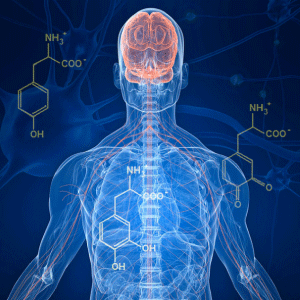Effects of Meth on Health
Crystal Meth is a highly addictive and dangerous man-made stimulate that effects the user mentally and physically. Meth affects almost every part of the users body, including kidneys, lungs, brain, heart, liver, digestive system and teeth.
Meth causes a rise is the users body temperature, increased heartbeat, dilated pupils, excessive sweating, acne, body sores and impotence in males. Excessive use can cause more severe effects such as muscle breakdown, kidney damage, kidney failure, hyperthermia, cardiac arrest, stroke, brain damage and sometimes-even death.
Poor oral hygiene is a sign of meth abuse or addiction. The stimulating effects of crystal meth causes the user to clench and grind their teeth, and leads to decreased saliva production due to the high amounts of acid being produced. Tooth decay, gum disease and tooth loss are all common physical signs of meth abuse.
The effects of crystal meth are also mental. Crystal meth use damages nerve cells, which leads to psychosis, paranoia, and quite often, audible and visual hallucinations.
Short Term Dangers of Crystal Meth Use
Upon smoking, injecting or snorting meth, the user feels an intense rush often followed by an overwhelming feeling of euphoria. Typical effects observed from meth use include:
- Irrational through process, often resulting in violence towards oneself or others
- Extreme sense of power
- Insomnia
- Decreased appetite
- Delusional thought process
- Weight loss due to lack of sleep and inhibition of hunger
- Long Term Dangers of Crystal Meth Use
Prolonged meth abuse can have significant and lasting effects on the user. Chronic and persistent meth use can quite often cause drug-induced psychosis, sometimes known as ‘tweaking’. Drug induced psychosis can often have Alzheimer-like symptoms including loss of memory, loss of time perception and confusion as seen in those with dementia.
Further long-term side effects resulting in meth abuse include:
- Uncontrollable violence
- Extreme anxiety
- Auditory hallucinations
- Visual hallucinations
- Rapid mood shifts and swing causing the user to isolate themselves
- Tooth decay, tooth loss and gum disease
- Scabs and scars caused by the user picking at their skin
Lasting Dangers of Meth Abuse
Even after quitting meth, the short and long term affects may still be noticeable for month, years or in some cases, indefinitely. Psychosis may be irreparable and methamphetamine use is also said to increase the risk of Parkinson’s disease among those who abused the drug heavily. Memory loss, decreased motor function, and a short attention span may follow a former meth addict for their whole life.
Methamphetamine drug addiction, similar to other addictive drugs, releases high levels of dopamine, which affects motivation, reward, and pleasure. With consistent drug abuse, users develop a tolerance, having to increase the amounts used or increase their frequency of use.

When using stops, abusers experience intense cravings, inevitably leading them to the next high. Prolong abuse of crystal meth can over-stimulate dopamine leading to erosion of the brain’s nerve terminals. Brain imaging studies have shown that meth causes significant functional and structural changes in the brain, down to the molecular level.








